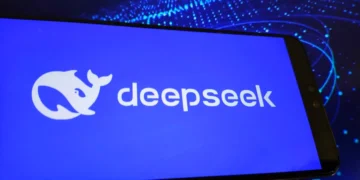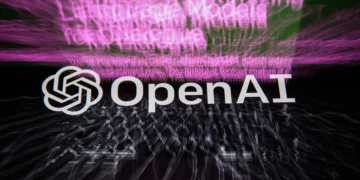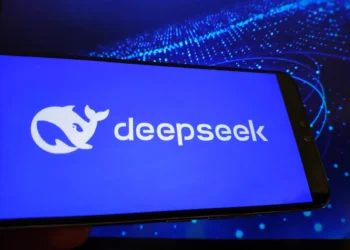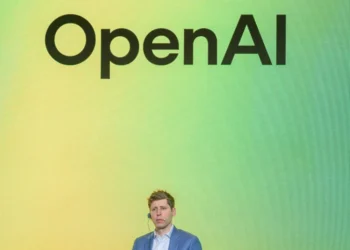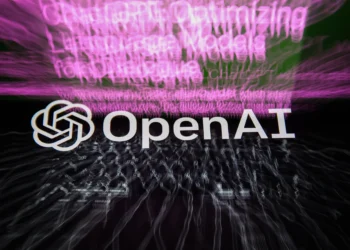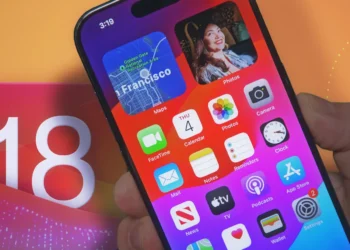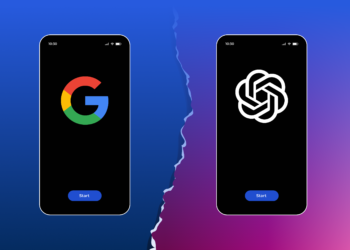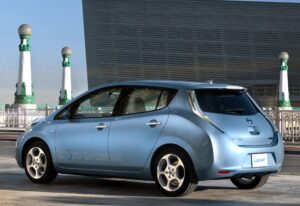
Nissan is facing criticism for what some are calling the abandonment of its early adopters, as it recently announced the discontinuation of its smartphone app for its first-generation electric vehicles. The decision affects approximately 3,000 Nissan Leaf and e-NV200 commercial vehicles manufactured before 2016 in the UK.
The company attributes the cessation of its Android and iOS NissanConnect EV app services to the phasing out of the UK’s 2G network. This move has left many owners disappointed due to the sudden loss of essential functionalities, such as the ability to remotely control the vehicle’s temperature and manage charging schedules conveniently from their smartphones.
Nissan asserts that its dependence on outdated 2G controllers has led to compatibility issues, despite several network providers indicating that they won’t support 2G and 3G mobile networks “past 2033.” This effectively provides Nissan with another decade to extend support to its customers.

With the loss of this convenience, owners will now need to resort to setting up functionalities through the vehicle’s infotainment system, investing in a smart charging outlet equipped with Bluetooth and/or Wi-Fi connectivity for scheduling charging, or considering upgrading to a newer vehicle model.Nissan informed the BBC, stating: “The NissanConnect EV app, which is currently linked to Nissan Leaf and e-NV200 vehicles produced up until 2016, will cease to function from April 1, 2024, in preparation for the sunset of 2G technology.”
Furthermore, Nissan added, “Nevertheless, owners will still retain access to key features such as the Climate Control Timer and Charging Timer directly from their car’s Navigation System.”
This development comes in the wake of Nissan’s announcement regarding the cessation of production for the current generation Leaf, as it shifts focus towards developing the next generation lineup of replacement vehicles, slated to commence in 2026.
Disposable cars?

Nissan customers understandably feel disappointed by the sudden removal of key vehicle conveniences, signaling a broader concern as some of the oldest, first-generation EVs near their ‘end of life’ phase.Fortunately, many of these early models have limited connectivity and reliance on updatable software compared to newer launches, suggesting they may endure for a longer period.
However, as EVs transition towards the era of the Software Defined Vehicle (SDV) and dependence on over-the-air (OTA) updates, we’re likely to witness more functionalities becoming unsupported due to aging hardware and incompatible software.
This wasn’t as significant of an issue when vehicles weren’t as interconnected, as even older internal combustion engine (ICE) cars can be easily upgraded with an infotainment system that connects to a smartphone, offering similar services as their modern counterparts. The crux of the matter is that as long as there’s fuel, ICE cars will continue to operate.

Indeed, the issue escalates when fundamental EV functionalities, like communication with public charging networks or updating to the latest safety firmware, become unachievable. At this juncture, they resemble smartphones, which often end up recycled or discarded.
Chang-Hyeon Song, President and Head of the New Transport as a Service Division at Hyundai, addressed this concern at CES this year. He acknowledged, “If we look at our data, we see most customers are using their vehicles for seven to nine years max. Compared to the smartphone industry, Android gives you two years, Samsung gives you three years, and iPhone might give you four.”
He further emphasized, “If you have to send OTA updates to vehicles over 10 years old, there will be so much to test and to maintain that we can’t really give a clear indicator on anything that is more than 10 years old now.”

The contrast between the longevity of combustion engine vehicles and the relatively short-term outlook for some EVs raises concerns about the industry’s approach. This narrow focus may be contributing to the dismal residual values seen in certain high-end EVs, such as the Porsche Taycan. In some markets, low-mileage, secondhand models are available at more than 60% off the original asking price.Ironically, Nissan, a pioneer in the EV market, revealed early on that its battery technology was outlasting initial estimates. Nic Thomas, Nissan’s marketing director for the UK, stated in a 2022 interview with Forbes, “Almost all of the [EV] batteries we’ve ever made are still in cars, and we’ve been selling electric cars for 12 years.” He added, “We haven’t got a great big stock of batteries that we can convert into something else. It’s the complete opposite of what people feared when we first launched EVs – that the batteries would only last a short time.”
Despite the remarkable performance of EV batteries, the reliance on computing power makes it unlikely that today’s EVs will become future classics unless they continue to receive support, updates, and upgrades.

